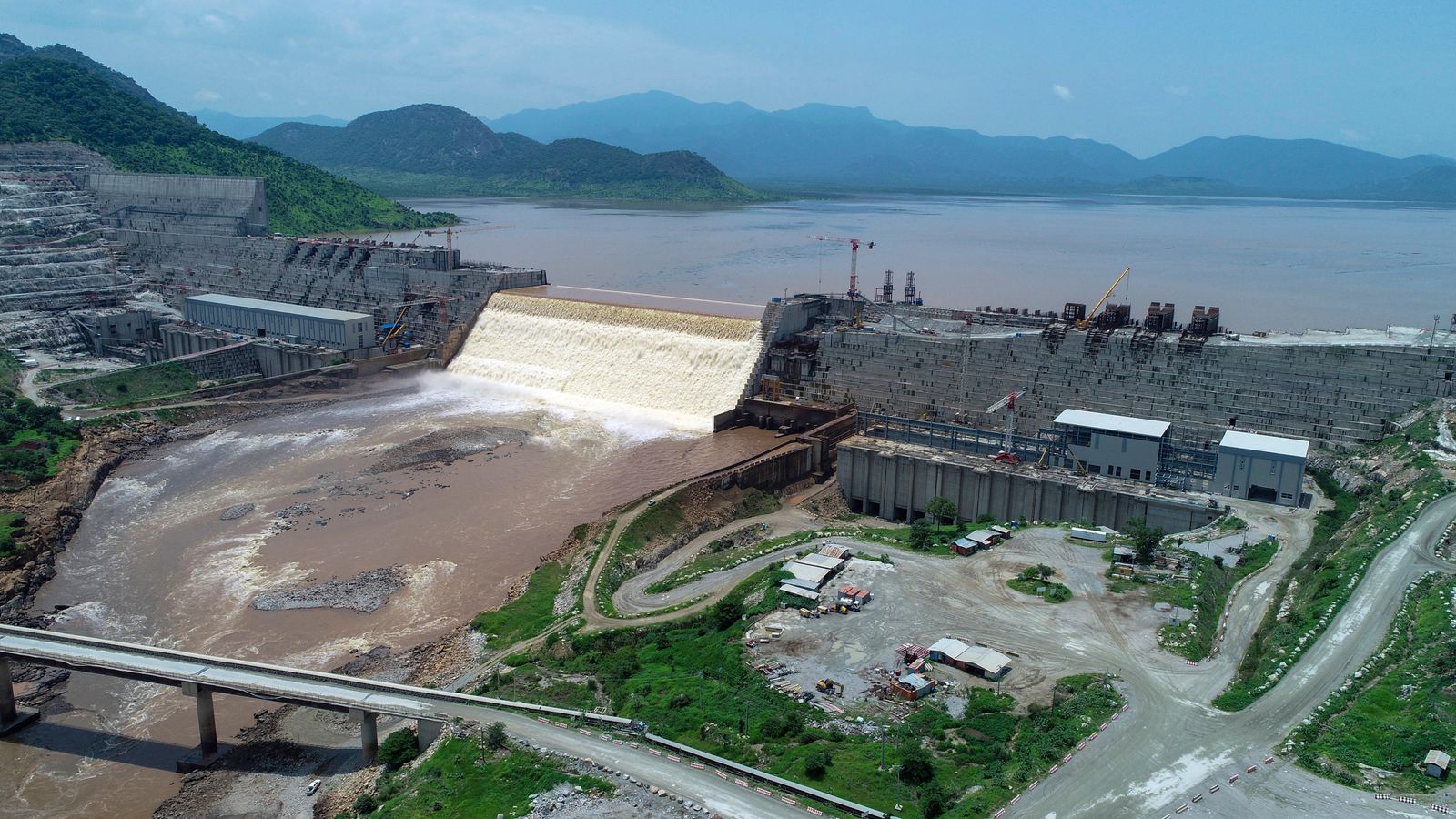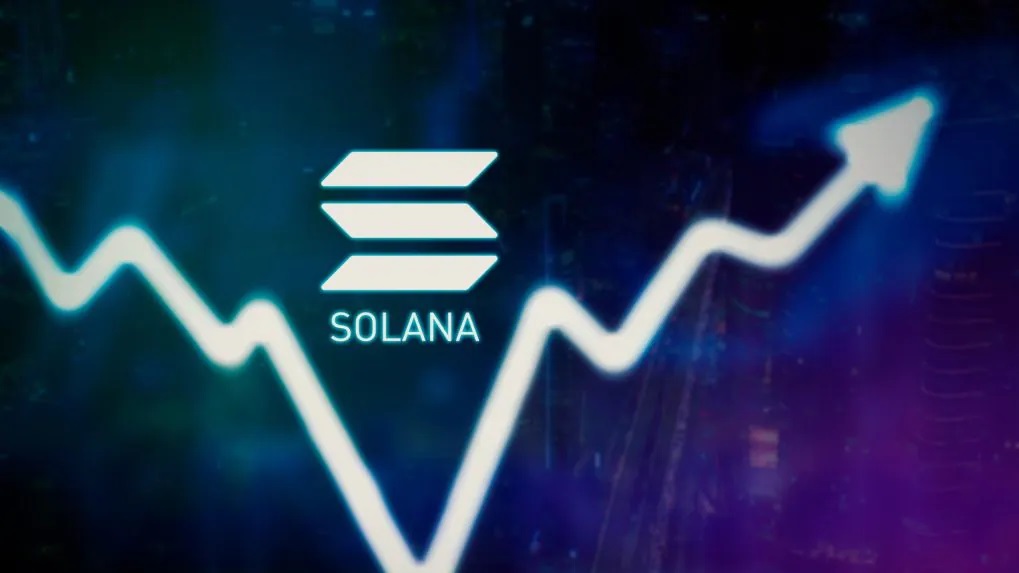Ethiopia says it has finished filling a reservoir for its controversial hydroelectric dam on the Blue Nile river – a project which once prompted Egyptian politicians to discuss military action.
Construction of the $4bn (£3.2bn) Grand Ethiopian Renaissance Dam began in 2011 and Ethiopia sees the project as crucial to powering its economic development.
“Our national perseverance against all odds has delivered,” Prime Minister Abiy Ahmed’s office wrote on X, formerly known as Twitter.
The Blue Nile originates in Ethiopia and flows for around 900 miles through the country. It is one of two major tributaries of the famous River Nile.
It’s anticipated that the dam will be capable of generating more than 6,000 megawatts, and Ethiopia sees it as the centrepiece of its bid to become Africa’s biggest power exporter.
Egypt and Sudan, however, consider the project a serious threat to their vital water supplies.
The three countries have been in protracted negotiations over the project.
Meta accused of enabling hateful Ethiopia conflict posts in lawsuit
Ethiopian civil war: Warring sides agree to truce
WHO boss suggests racism is reason world’s ‘worst humanitarian crisis’ in Ethiopia’s Tigray region gets little attention
Read more on Sky News:
Two tankers collide in Suez Canal disrupting traffic
Inside refugee camps as thousands flee Sudan
In a sign of a potential breakthrough in July, Egyptian President Abdel Fattah al Sisi and his Ethiopian counterpart agreed on plans to finalise an agreement between the three countries on the filling of the dam and the rules for its operation.
But on Sunday Egypt’s foreign ministry said Ethiopia’s step “places a burden on the course of the resumed negotiations, the next round of which… is hoped will witness a tangible and real breakthrough”.
The controversy over the dam has been rumbling on for more than a decade.
In 2013, Egyptian politicians were caught on camera discussing whether to destroy the dam which, they said, could threaten Egypt’s existence.
Then president Mohammed Morsi’s foreign policy adviser Essam Al Haddad called it “a matter of life for Egypt”.










